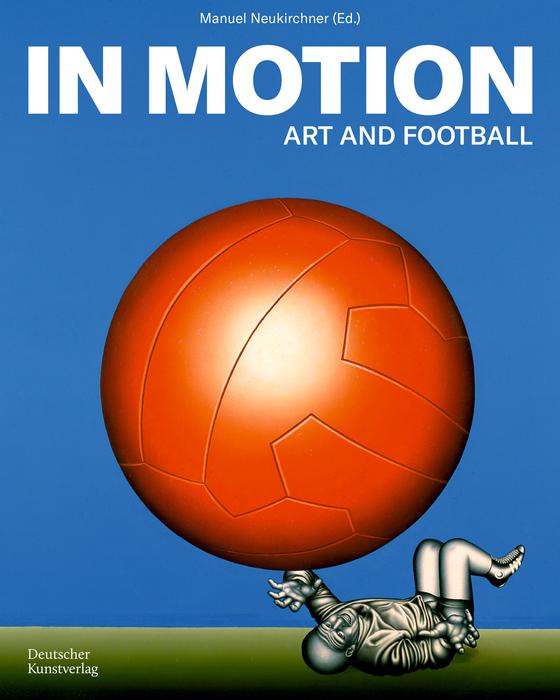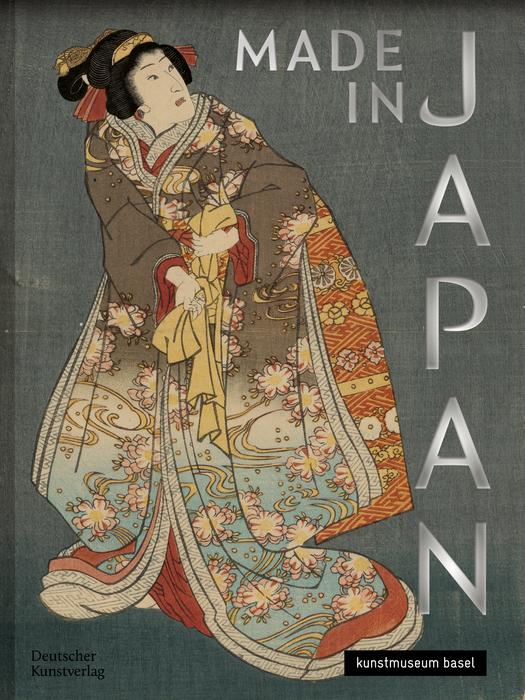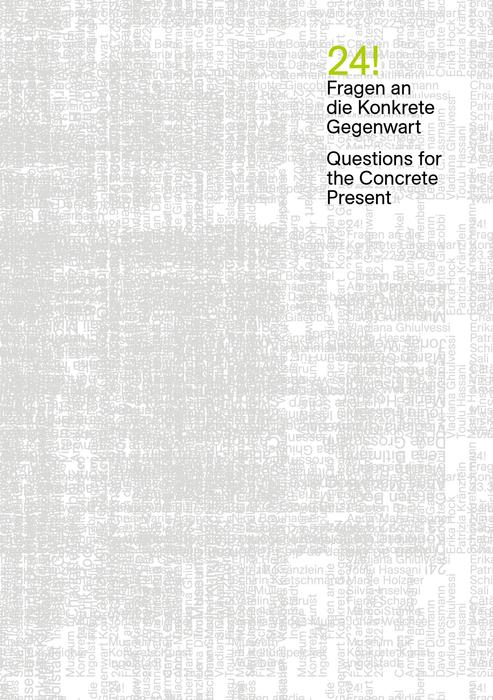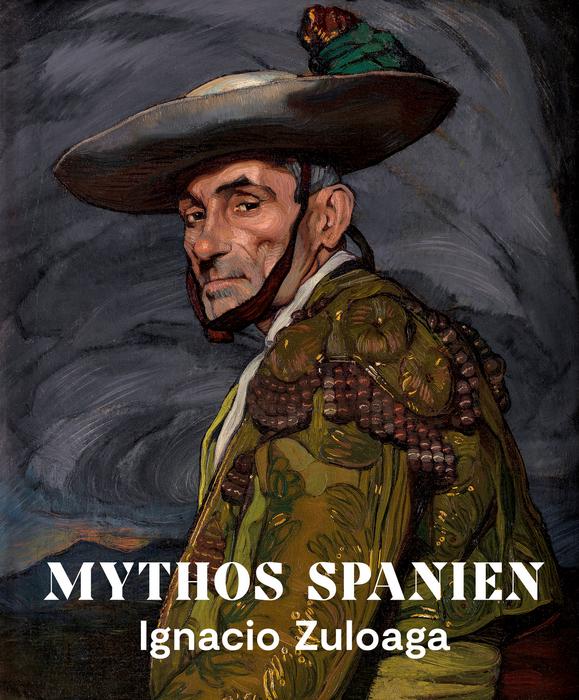
Our new titles
Would you like to receive monthly information about new publications and events?
News & Events
Topic: Romantic Landscape Painting
Preview Spring 2024
Next spring, we, Deutscher Kunstverlag and De Gruyter, are again presenting an exciting program with high-quality exhibition catalogues, current academic studies, anthologies, and art guides. Bearing witness to Europe’s diversity and building bridges between nations is the aim of the exhibition Europas Meister (Champions of Europe) at the German Football Museum and the corresponding catalogue. Publications such as Macht und Makel der Bilder, the anthology Image Controversies and many more in our spring programme deal with historical and contemporary dimensions of image criticism, the relevance of which should be obvious to us all. They show, and here we come full circle to football, what images can achieve as the “bearers of emotions”.

EUR
English




